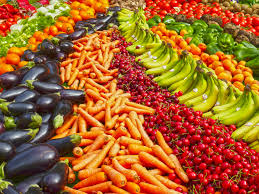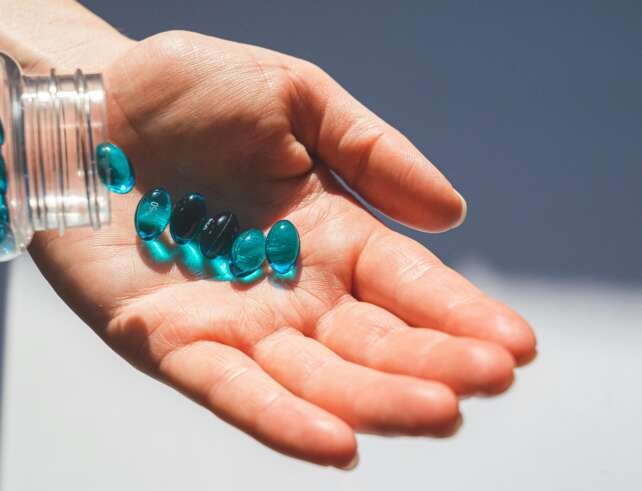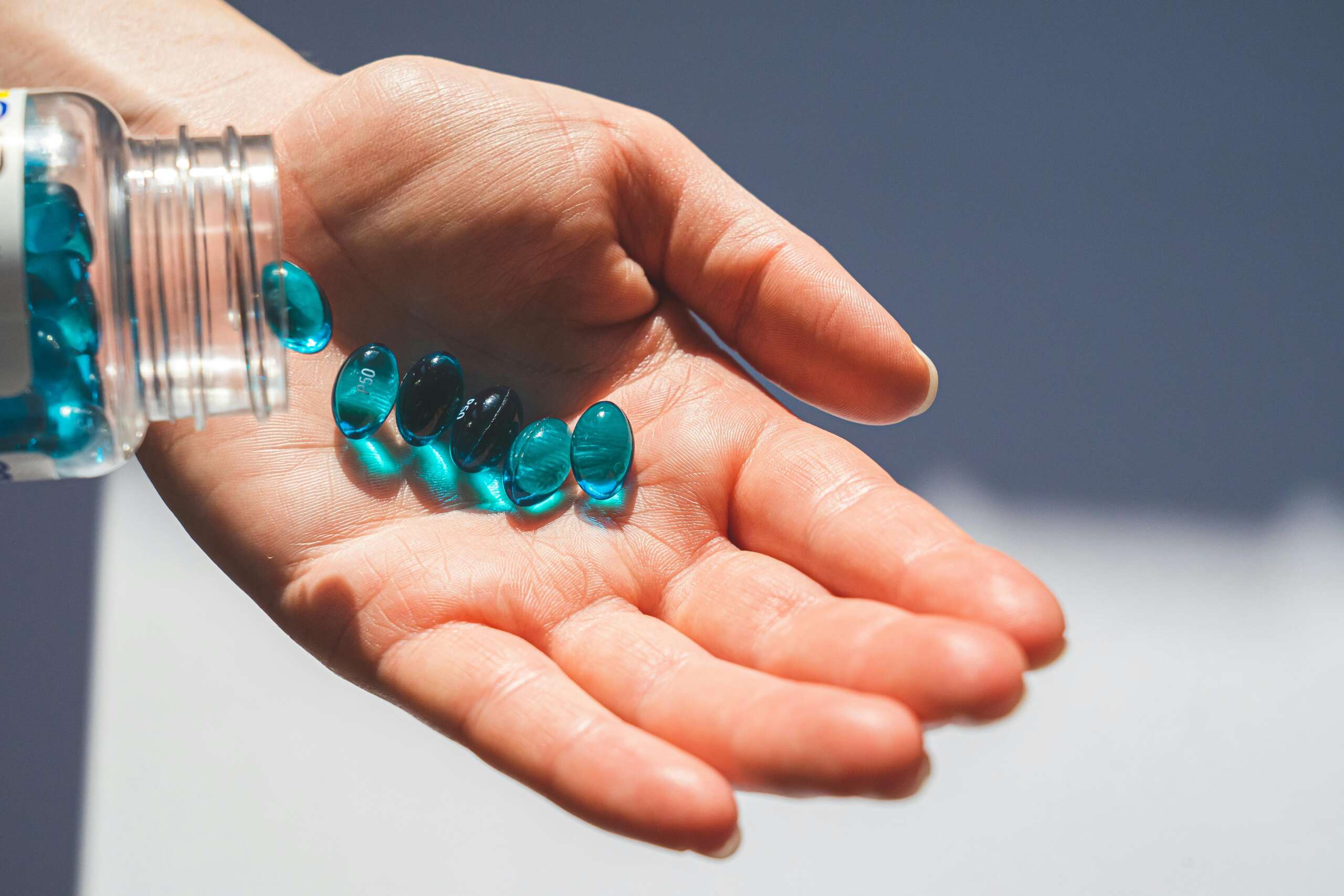The most important nutrients that help our vision are vitamins A, B, C and E, and minerals such as selenium, zinc, iron, potassium, calcium, phosphorus, sodium or copper, pigments such as lutein and zeaxanthin and fats, acids such as omega 3, olive oil and folic acid.
When added to our diet, they protect us from the sun’s UV rays, care for the cornea, nourish the nerves and the optic nerve, prevent the aging of retinal cells, prevent degenerative and chronic diseases, and offer many other benefits.
An important aspect of these vitamins is the prevention of age-related macular degeneration (AMD), cataracts and eye damage, eye protection due to their antioxidant effects or the reduction of triglyceride levels and the correction of arterial hypertension. . minerals and pigments.
Similarly, if you look for them in the foods you eat, they will be your first allies in preventing dry eyes, as well as improving vision.
VEGETABLES THAT HELP VISION
carrots, zucchini, cabbage, endive, celery, parsley, chard, spinach, artichokes, lettuce, peas, green beans, radishes, tomatoes, wind and water. Add garlic and onion to finish this part.
FRUITS THAT HELP VISION
As for fruits, oranges, kiwis, lemons, strawberries, raisins, bananas, blackberries, cherries, raspberries and blueberries and walnuts.
Add to your shopping list grains such as corn and sunflower or pumpkin, as well as lentils and fatty fish such as salmon, sardines, tuna and trout.
In general, it can be said that an adequate and varied diet has a beneficial effect not only on eyesight, but also on health in general. In fact, if we add to this balance a healthy lifestyle, such as exercise and vision therapy, sun protection and avoidance of smoking, the health of our eyes will be better.
VITAMIN A
Vitamin A, also known as retinol, belongs to the carotenoid family, along with beta-carotene, lycopene, lutein and zeaxanthin. These foods are important for their antioxidant effect.
Lutein and zeaxanthin are the only carotenoids present in the retina and lens of the human eye. Many studies have shown that an adequate intake of lutein and zeaxanthin reduces the risk of age-related eye diseases such as macular degeneration and cataracts.
Foods such as milk, cheese, carrots, broccoli, sweet potatoes, butter, spinach, pumpkin, cantaloupe, eggs, peaches, mangoes, peas, grapes, spinach or healthy fruits and vegetables; The darker the color of the fruit or vegetable, the higher the vitamin content. Berries, especially blueberries, are a good source of vitamin A.

VITAMIN B
Vitamin B complex, especially vitamin B1 (thiamine), vitamin B2 (riboflavin), vitamin B6, vitamin B12 and folic acid help protect the eyes against degenerative diseases. Lack of vitamin B can increase sensitivity, ocular inflammation and the risk of macular degeneration.
Vitamin B can be found in meat, beans, spinach and other green leafy vegetables, cereals, eggs and yeast.
VITAMIN C
Vitamin C also helps reduce the risk of developing diseases such as macular degeneration or glaucoma, and acts as a protective shield against fungal infections and ulcers.

VITAMIN D
Many studies have shown that sunshine vitamins can help protect retinal function, prevent age-related brain damage and protect the eyes from inflammation.

VITAMIN E
Vitamin E has antioxidant activity that may reduce the risk of developing high blood pressure. It can also prevent poor vision and strengthen eye muscles.
OMEGA3
Omega-3 fatty acids are an excellent source of ocular health. In particular, they help prevent dry eyes and degenerative eye diseases such as retinopathy and age-related retinal degeneration. Numerous studies have shown that DHA (docosahexaenoic acid), from the omega-3 system, contributes to the proper functioning of the retina.
Related Posts

Effective Methods to Prevent and Manage Myopia: Tips for Better Eye Health

Essential Vitamins for Eye Health in 2024



